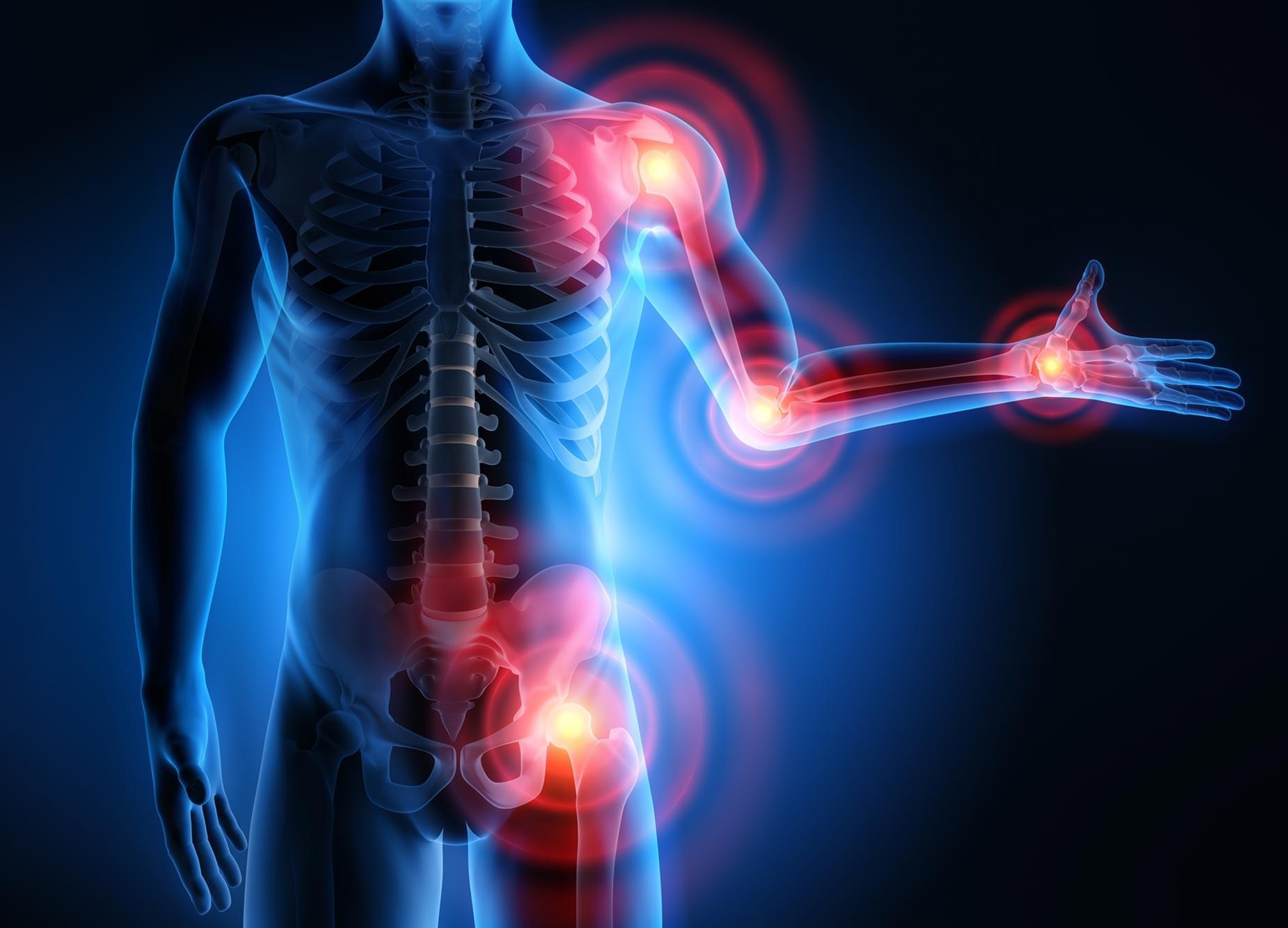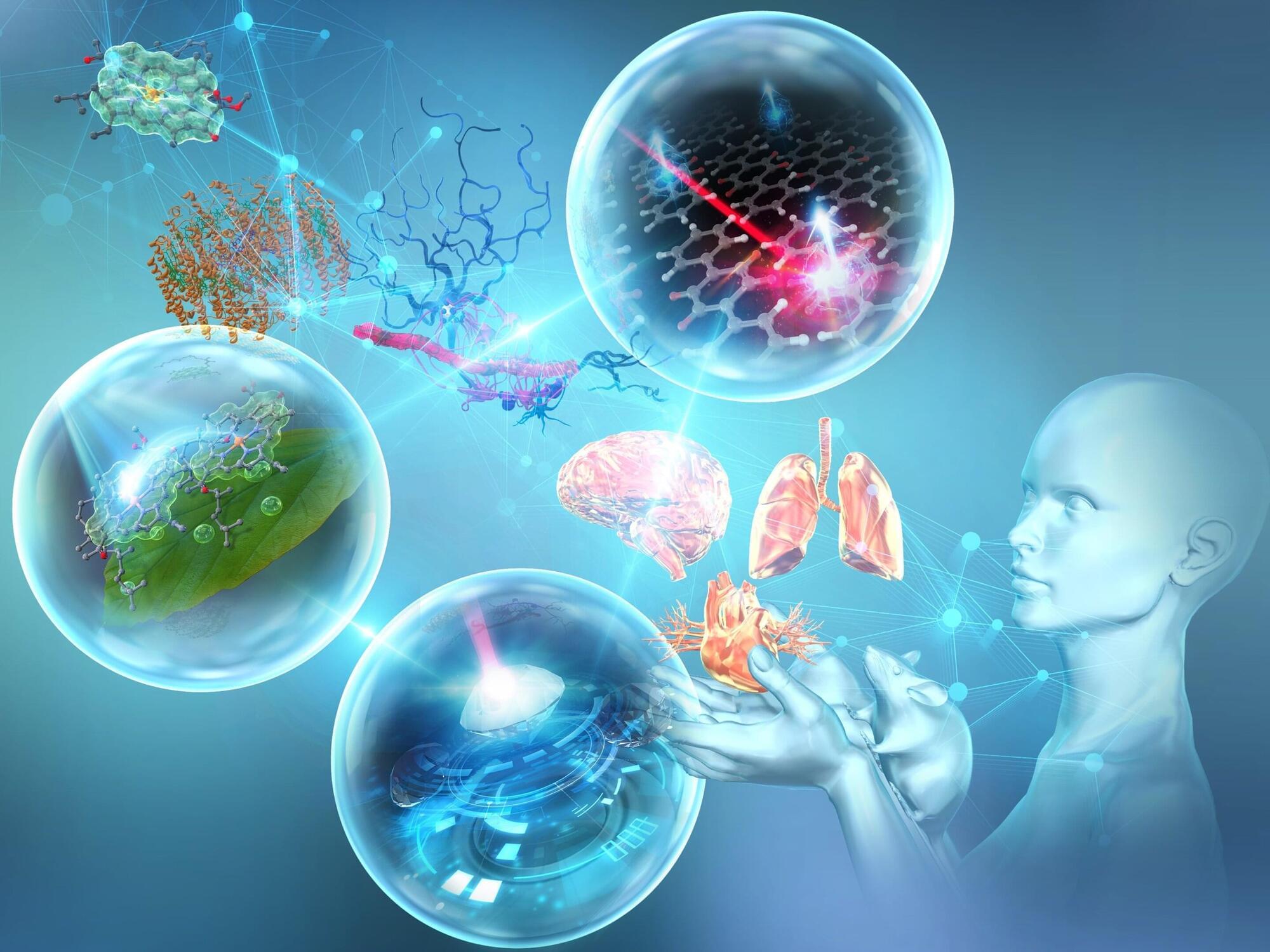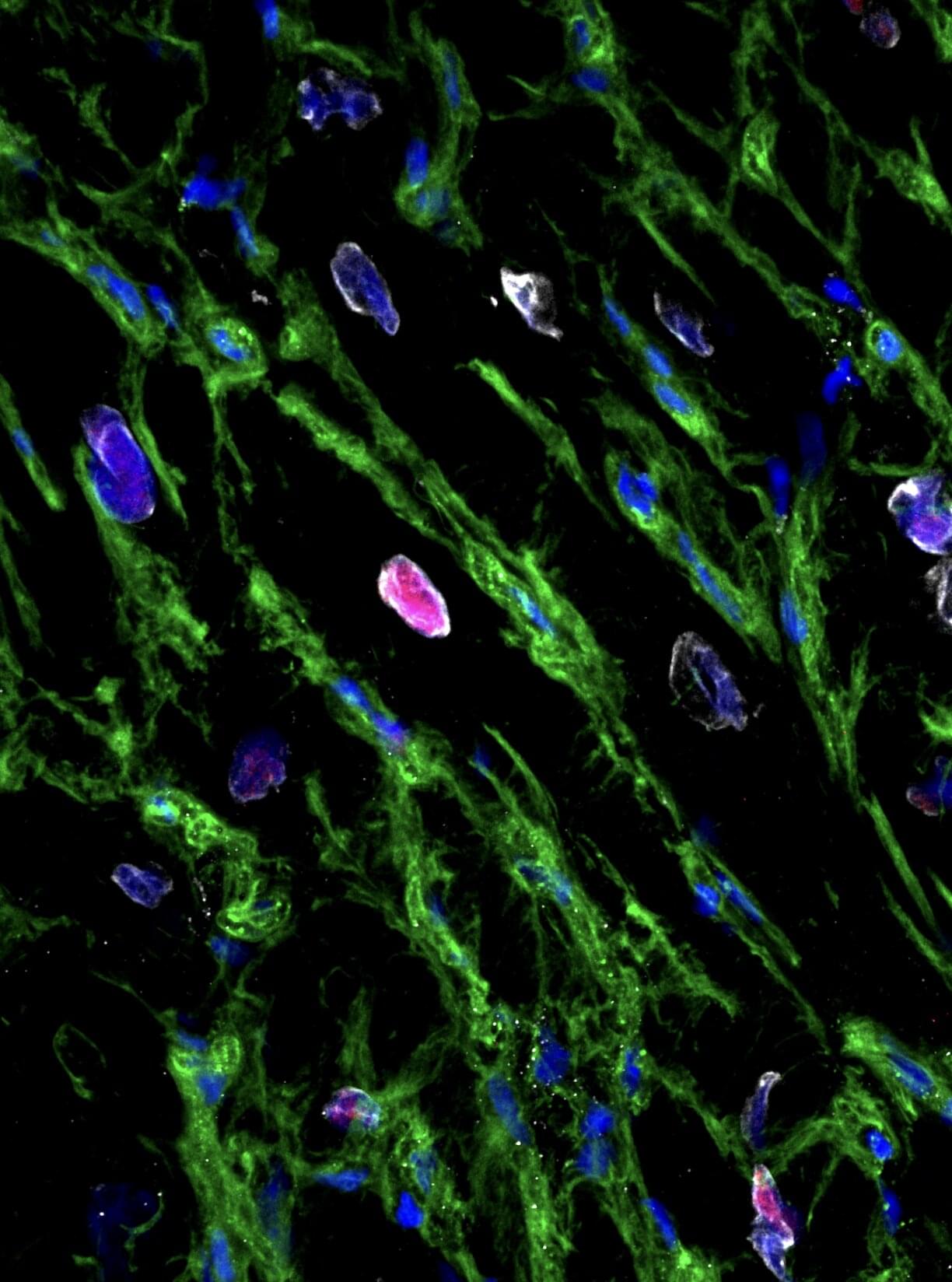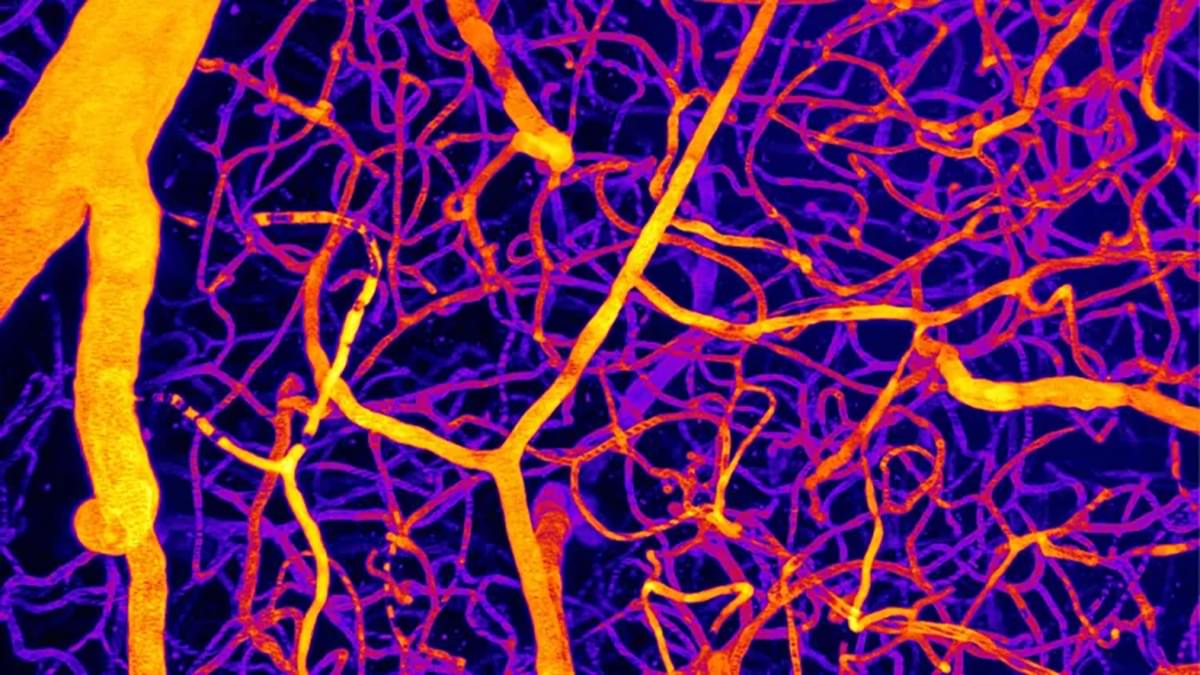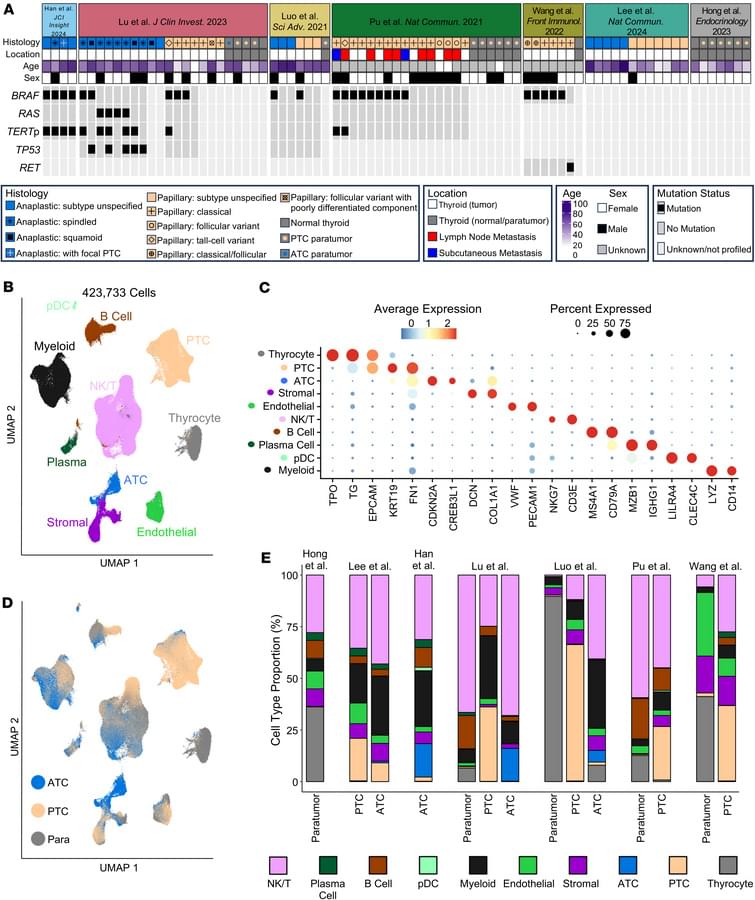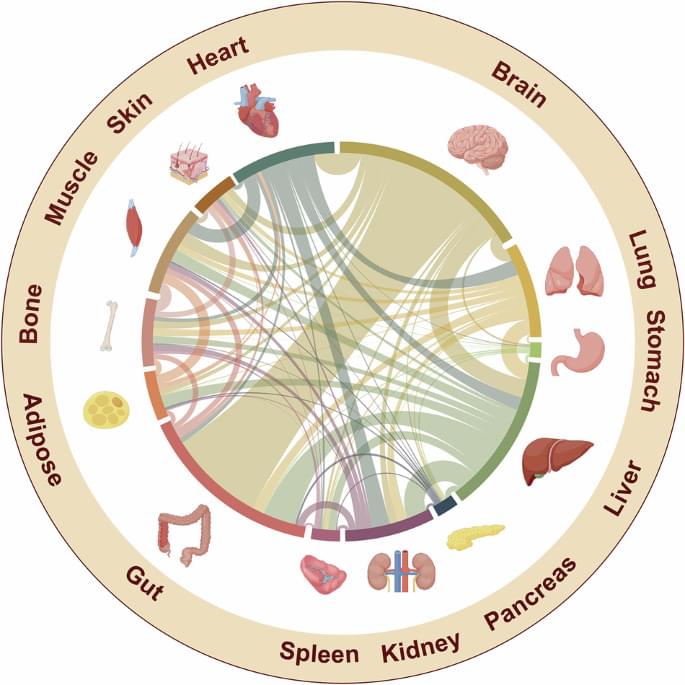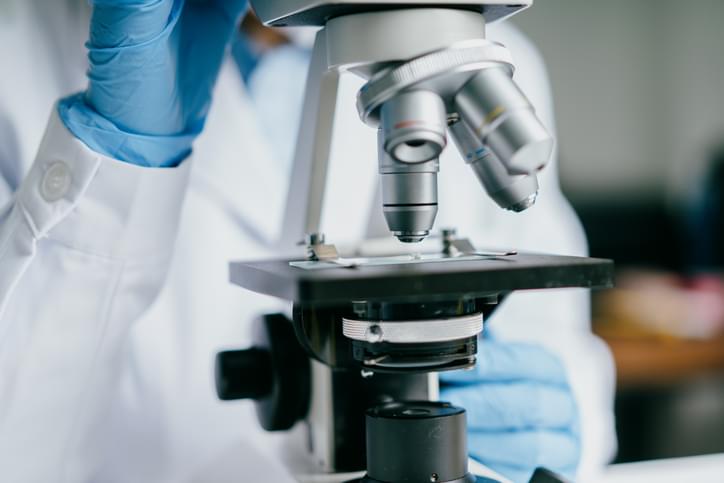Common diabetes drugs may do more than regulate blood sugar—they could also influence how cancers grow, spread, or slow down. Researchers are now unraveling how these medications affect immune function, inflammation, and tumor biology, with intriguing but still uncertain implications.
Researchers are taking a closer look at how medications used to treat diabetes may also influence cancer. While diabetes itself has long been associated with higher cancer risk, scientists are now investigating whether diabetes drugs play a direct role beyond controlling blood sugar levels and body weight. A recent review examines how widely used treatments such as metformin, SGLT2 inhibitors, and GLP-1 receptor agonists may affect cancer growth by changing how cells multiply, how the immune system responds, and how inflammation develops. These insights point to possible new treatment strategies while also highlighting how much remains unknown.
Type 2 Diabetes (T2DM) has been linked to a higher likelihood of developing several types of cancer, including liver, colorectal, and breast cancer. Managing blood glucose and body weight remains essential for people with diabetes, but growing evidence suggests these factors alone do not fully explain the increased cancer risk. This has led scientists to explore how diabetes medications themselves might influence cancer, either by reducing risk or, in some cases, creating unintended effects. Understanding this connection could help clarify how diabetes treatments fit into cancer prevention and care, though further research is still needed to unravel the underlying biology.
